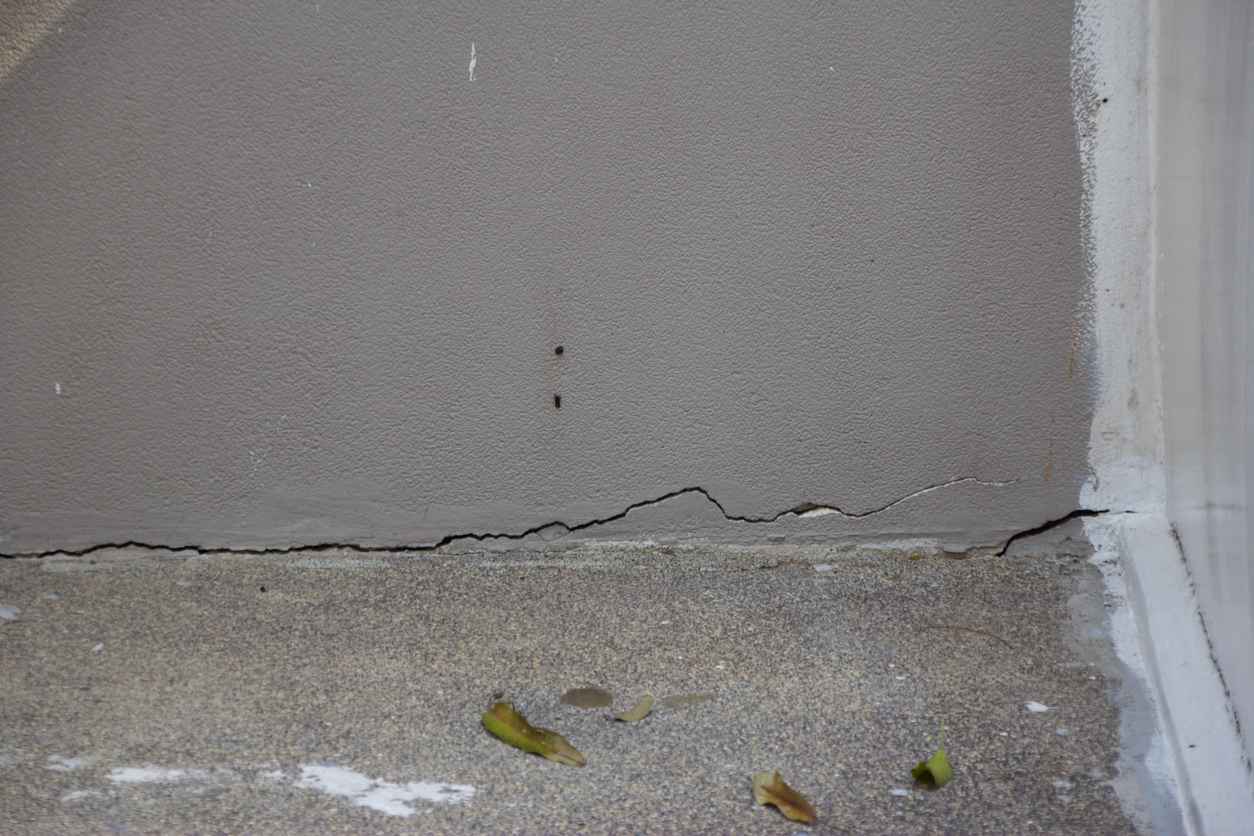Resources
How to Fix a Cracked Basement Wall

Discovering a cracked basement wall can be alarming for any homeowner. Cracks not only compromise the structural integrity of your home but also create pathways for water seepage, leading to further damage and potential mold growth. Addressing these cracks promptly and effectively is crucial to maintaining a safe and dry basement. This blog will guide you through the steps to fix a cracked basement wall and prevent future issues.
Understanding the Causes of a Cracked Basement Wall
Before diving into the repair process, it’s essential to understand the common causes of a cracked basement wall. These can include:
- Foundation Settlement: As a house settles over time, it can cause the foundation to shift and develop cracks.
- Hydrostatic Pressure: Excessive water pressure from the soil surrounding the foundation can force its way through, causing cracks.
- Poor Construction: Subpar construction materials or techniques can lead to structural weaknesses and cracking.
- Temperature Changes: Expanding and contracting materials due to temperature fluctuations can create cracks in the basement walls.
Step-by-Step Guide to Fixing a Cracked Basement Wall
Assess the Damage
Begin by inspecting the crack to determine its severity. Small, hairline cracks are often less concerning and can be repaired easily, while larger cracks may indicate more serious structural issues that require professional attention.
Clean the Area
Thoroughly clean the area around the crack to remove any dirt, debris, or loose material. This ensures that the repair materials adhere properly. Use a wire brush and a vacuum to clean out the crack itself.
Seal the Crack
For small cracks, use a concrete repair sealant or epoxy injection to fill the crack. These materials are designed to expand and contract with the wall, providing a flexible and durable seal. Follow the manufacturer’s instructions for application.
Apply Hydraulic Cement
For larger cracks or those exposed to water seepage, apply hydraulic cement. Hydraulic cement expands as it cures, making it effective at stopping water leaks. Mix the cement according to the package instructions and apply it to the crack with a trowel, pressing it firmly into place. Smooth the surface and allow it to cure.
Reinforce the Wall
In cases where the wall shows signs of significant structural stress, consider reinforcing it with carbon fiber strips or steel braces. These materials provide additional support and help prevent further cracking. This step is particularly important for walls experiencing ongoing pressure from soil or water.
Waterproof the Basement
To prevent future cracks and water damage, waterproof your basement. Apply a waterproof coating to the interior walls, install a sump pump to manage groundwater, and ensure proper exterior drainage. These measures will reduce hydrostatic pressure and protect your basement walls from further damage.
Cracked Basement Wall Services in Michigan
For professional assistance with fixing a cracked basement wall, contact Michigan Basements. Our experienced team is equipped with the tools and expertise to handle any basement repair needs. Don’t let a cracked basement wall compromise your home’s safety—reach out to Michigan Basements for all your basement repair needs today.


